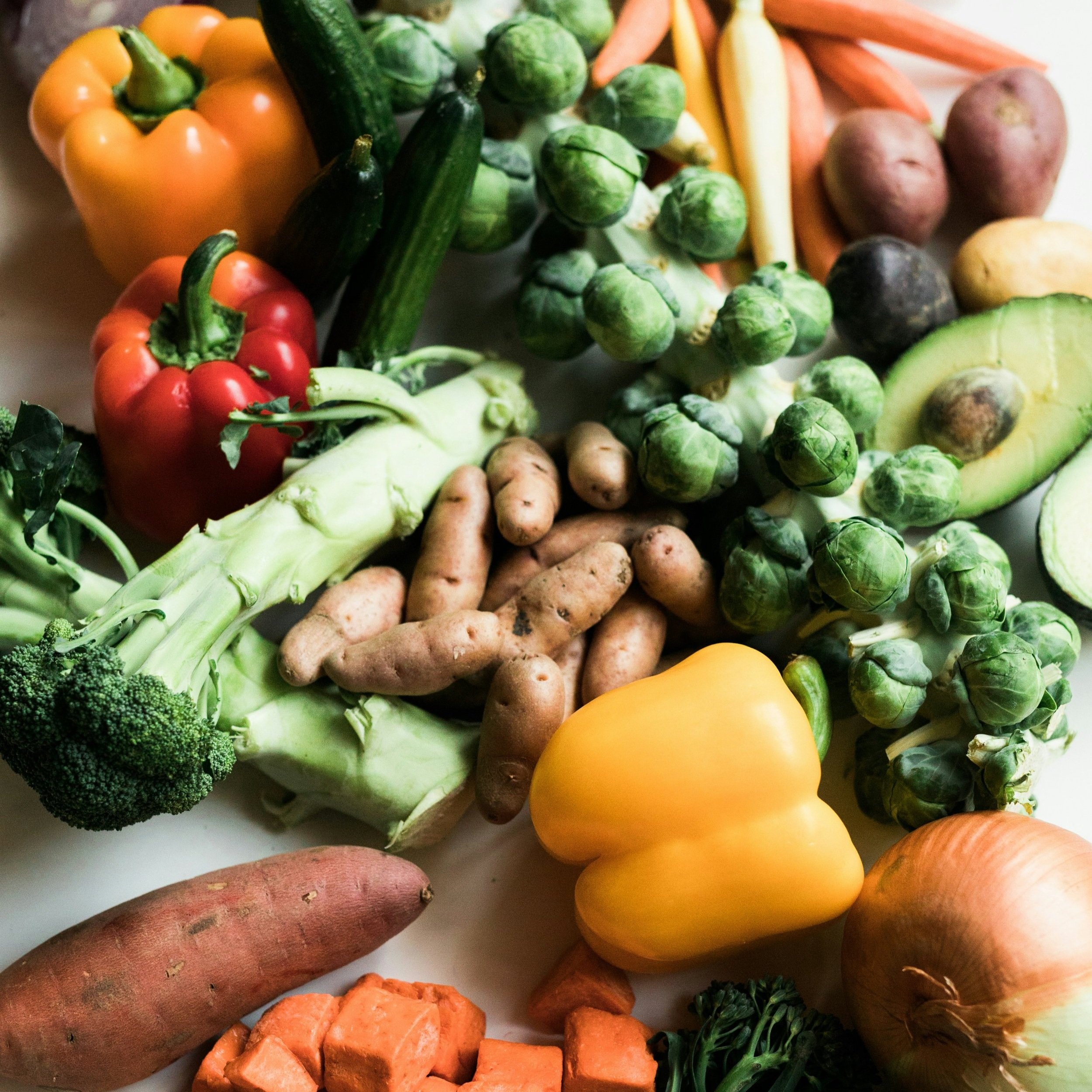5 ways to “choose what you'll use” to reduce food waste
This month, we have decided to join the UK's biggest annual food waste reduction campaign hosted by Love Food Hate Waste. The Food Waste Action Week campaign will run from the 18th - 24th of March, and this year's theme is “Choose What You'll Use". To give you a little context on this event, it started in 2021 with the aim to connect businesses, government bodies and global partners to raise awareness amongst citizens about the impact of food waste on our planet. Last year, Food Waste Action Week has successfully gathered 162 organisations to take part, with 12 countries supporting the cause.
Now, you're probably thinking, “what's the point of joining a campaign?” or “how is it actually useful in fighting food waste?". Well our dear CHOMPions, the biggest challenge to food waste reduction is a lack of awareness and understanding of it. Whether that's from not knowing what its impacts are, or how to actively reduce it, there's a long list of reasons - check out our blogs to learn more! We've got a nice repertoire of Tuesday Tips to help guide you from everyday tips to specific advice.
During the week of this campaign, we want to encourage you to join us in making conscious food decisions. We know this might sound daunting. Trust us, our palms are sweaty just from writing this - or is Hong Kong's 99% humidity to blame for this? But we ASSURE you that it's actually very simple. And if anything, today's tips will pave you a road to freedom (from food waste).
Alright, we have babbled on for way too long. Let's dive straight into the point. “Choose what you'll use” is as literal as it sounds. Once you start taking control over your food, you will also start taking control over your food waste. Here are 5 ways to do so:
1. Portion control
We are SO guilty for cooking enough pasta to feed a village, surely that's not just us, right? …Right? Jokes aside, overestimating food portions is probably one of the biggest contributor to food waste. This goes beyond cooking at home, it also applies to ordering takeaway food or meals at restaurants. Ever heard of the saying “eyes are bigger than our stomachs?”. Our top advice to overcome this are:
If you are cooking at home, whether for one or for a group, try this useful portion calculator to estimate how much food you actually need. Feel free to also ask your guests how hungry they are!
When ordering takeouts or dining in, order slowly. We know there are so many exciting dishes to try but try to prioritise your top meals first and then order more if you are still hungry. Take it slow! After all, food is made to be enjoyed. Save AND savour food, one bite at a time 😉
2. Plan, plan, plan
Before your next trip to the market or shops, look at what you already have in your pantry or fridge to avoid doubling up. Additionally, have fun creating your weekly menus. Combining with what you already have at home, make a list of ingredients you need and only buy and choose what you’ll use. Plus, don't forget to plan according to what's in season to be even more holistic about your sustainable food consumption habits!
3. Love you leftovers
You have probably heard this from us before, and it's one of our favourite tips in case you haven't guessed. Give your foods a second life! Before chopping up your onions or cooking a fresh batch of pasta (again?! - you go Glen Coco), look at what leftovers you already have to whip out a flavourful storm. Think stir-fry, savoury pies, tacos, salads… BRB mouth is watering!
4. Shop loose, food loose
Whilst buying in bulk is cheaper and favourable, prioritise such practice for only dried goods such as grains or pulses as they have a longer shelf life. On the other hand, when purchasing fresh produce, opt for buying them loose. This will give you way more control over the amount that you actually need (portion control!) and help prevent the 1kg of potatoes from going off before you can actually go through them.
5. Size is NOT everything…
It's HOW you use it that matters. Obviously talking about your fresh produce here. Whilst shopping loosely is important, don't forget to also not discriminate against the looks and sizes of the vegetables and/or fruits you pick. Because truthfully, it doesn't really matter what the produce looks like as it will anyways be transformed during the cook. So, try not to be too picky when selecting your fresh ingredients (pun intended). *Plus, sometimes the smaller the vegetables/fruits, the sweeter they taste.



